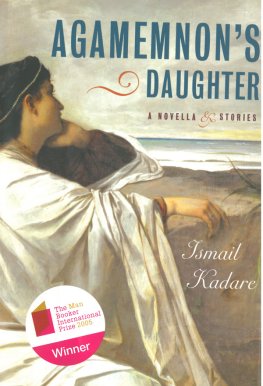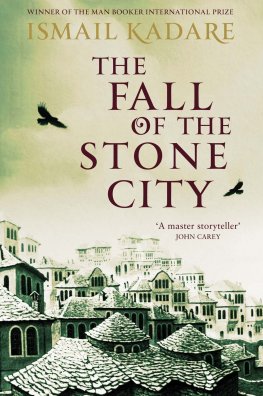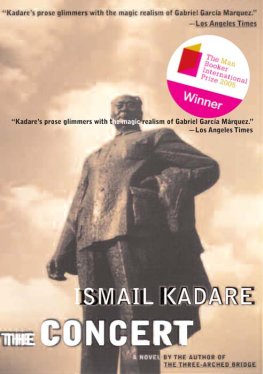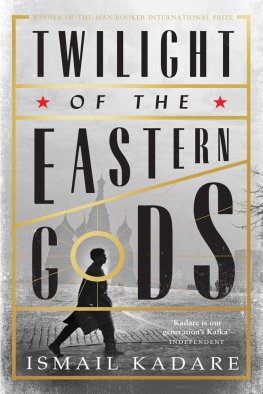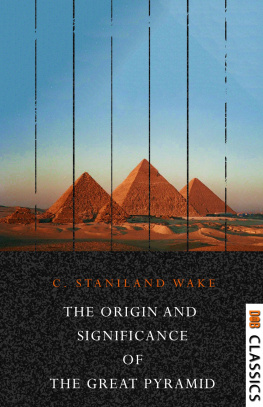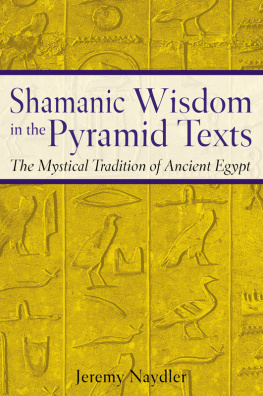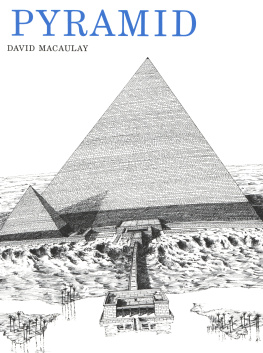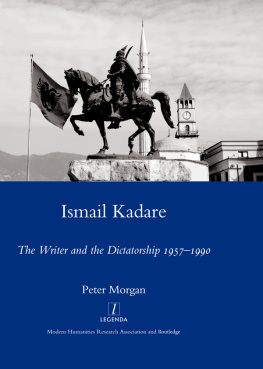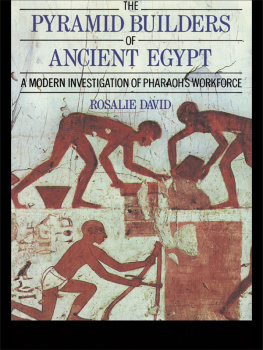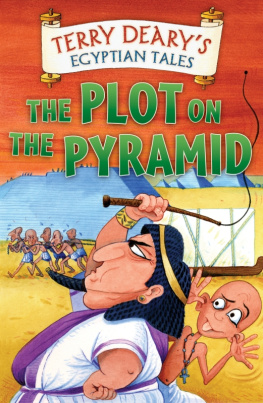An Old Idea Resurrected with Difficulty
WHEN, one morning in late autumn, only a few months after he had ascended the throne of Egypt, Cheops, the new Pharaoh, let slip that he might perhaps not wish to have a pyramid erected for him, all who heard him the palace astrologer, some of the most senior ministers, Cheopss old counselor Userkaf, and the High Priest Hemiunu, who also held the post of architect-in-chief furrowed their brows as if they had just heard news of a catastrophe.
The courtiers held back for a moment, scouring the sovereigns countenance in the hope of discerning in it a trace of irony, and then (as each would tell the story later on) they tried to take heart from the perhaps that the Pharaoh had muttered. But Cheopss visage remained impenetrable, and the courtiers hope that his words had been just one of those frivolous pronouncements that young monarchs entertain themselves with over a luncheon became increasingly threadbare. Had he not had two of Egypts most ancient temples closed down just a few weeks before? And then ordered the posting of a decree that forbade Egyptians to indulge henceforth in sacrificial practices?
Cheops was also trying to plumb their expressions. An ironic glimmer in his eye seemed to be asking: Does that distress you so much? As if it were not my pyramid, but yours! O Re, see how servility has already marked their faces! How will it be in years to come when I shall be older and harsher?
Without saying a word, without even according them a glance, he rose and left.
As soon as they were alone, they turned anxiously to face each other, What has befallen us? they whispered. What is this misfortune? One of the ministers took ill and had to lean on the wall of the balcony. The High Priest had tears in his eyes.
The spirals of sand stirred up by the wind shimmered outside. With bewilderment on their faces they gazed at these vortices reaching toward the heavens. They stayed silent, and only their eyes appeared to say: By what stairway wilt thou rise on high, O our sovereign? When the day comes, how wilt thou climb to the firmament, there to change in your turn into a star, like all other Pharaohs? How wilt thou illuminate us?
They spoke among themselves softly, then went their different ways. Two of them went to seek an audience with Khentkaus, the sovereigns mother; another went to get drunk; the craftiest went down to the cellars where the old archives were kept, so as to find old Ipu, the one-eyed scribe.
For the rest of the autumn no one spoke again about the pyramid, not even at the ambassadors reception, where Cheops, intoxicated with drink, let out things that it is not fitting for a monarch to mention in the presence of foreigners.
The others to whom he had confided his plan nursed the hope that it was just a joke, and even sometimes thought that it was probably better not to allude to it again, as if the idea, if it were no longer stirred, would just sink into the sand by itself. But the opposite hypothesis was so fearful that they thought of nothing else, night and day, save the means of preparing themselves to deal with it.
Some still set great store by the Queen Mother, despite the absence of any encouraging sign from her quarter, while the majority pursued their research in the archives.
The more they burrowed, the harder their work became. A good many papyri had been lost, others were damaged, and even the extant scrolls contained obliterated and excised passages, often with a marginal note By Order of On High, or indeed without any note at all.
All the same, even the truncated papyri provided them with all kinds of information relating to the object of their search. There was almost everything about the pyramids: their prefiguration in the early tombs called mastabas, the history of the first pyramid, of the second, of the fifth, of their successive alterations, the increase in the size of the base, of their height, the secret embalming formula, the first attempts at robbery, the plans intended to halt such profanation, various accounts of the haulage of the stones, of the granite blocks used to close off the entrances, decrees elevating this or that foreman to this or that rank, death sentences, sketches that were either incomprehensible or specially drawn so as not to be decipherable, etc.
All that was more or less straightforward, but the main aim of their research continued obstinately to escape their grasp among the jungle of papyri, though it winked at them here and there before disappearing again, like a scorpion bolting into a hole. They were hunting for the idea that had led to the conception of pyramids, the secret reason for their existence: and that was what kept on eluding them. It was hidden mainly in obliterated papyrus fragments, and it only ever surfaced from them for an instant at a time.
They had never previously been obliged to engage in such mental effort, and it gave them headaches. However, although the aim of their quest forever eluded them, they ended up finding its outline. If not the thing itself, then at least its shadow.
They debated at length on all that referred to it and, to their great surprise, realized that they were already perfectly aware of what they had been looking for. They had always been privy to the main point, the first principle, of the pyramids raison detre, except that it had lain in their minds in a preverbal, indeed in an unthinking state. The papyri of the archives had only draped it in words and in meaning. Insofar as a shadow can be draped.
All that is perfectly clear, said the High Priest during their last caucus meeting before their audience with the Pharaoh. We already know whats at the bottom of the problem, or else we would not have been so horrified when the sovereign uttered those words that I do not wish to recall ever again.
Two days later, looking grave and exhausted by insomnia, they were received by Cheops. The Pharaoh was no less somber than they were. For a brief instant a breath of doubt made them wonder if the sovereign might have forgotten the whole business and if they were about to blow on embers to no purpose. But when the High Priest had uttered the words, We have come to discuss with you the remark that you made concerning the construction of your pyramid, Cheops showed neither amazement nor surprise, and did not even interject: You mean to say?
All he did was to sketch a nod of his head that meant: I am listening! So they then began to speak, the High Priest first, the others following in turn.
They gave a lengthy, laborious account of all that they had learned from their reading of the papyri, ceaselessly tortured by the idea that they might say more, or less, than was prudent. They spoke of the first pyramid erected by the Pharaoh Zoser, which was only twenty-five cubits high, then of the anger of Pharaoh Sekhemkhet, who had his architect horsewhipped when the plans were laid out, since his pyramid seemed too low for his liking. Then they gave details of the changes made to later plans, in particular by the architect Imhotep, and spoke of the galleries, the burial chamber, the secret passages, and the granite blocks obstructing their entrances, of the three pyramids that Seneferu had had built, one of which had an arris almost five hundred cubits long and a height of three hundred, which you could call truly breathtaking.
Each figure they quoted made them expect to be interrupted what do such details matter to me! and they were counting on it so much that, seeing that no interruption came, the High Priest added hoarsely: Perhaps you are wondering. What have all these facts got to do with me? And you would be right Perhaps they are indeed superfluous for you, but they were only by way of introduction to the heart of the matter.


